The musical mind-meld of James Holden, the British electronic artist known equally as an in-demand DJ and synth visionary, and Wacław Zimpel, the Polish clarinet virtuoso proficient in free jazz and global folk traditions, turned the ignition to spark a most brilliant improvisational work. This inspired collaboration fueled their debut collaborative album, The Universe Will Take Care of You (released via the Border Community imprint), which was spontaneously constructed over four days in a London studio. It's also based on a shared excitement for the possibility of transcendence through sound.
Holden's serpentine career path has taken him from the international DJ circuit of the early 2000s through progressively more adventurous territory. After establishing himself with well-regarded albums like The Inheritors and The Animal Spirits, Holden began pursuing collaborative projects outside the quantized rigidity of most electronic music. His work with Moroccan gnawa masters Maalem Mahmoud Guinia and, later, his son Houssam brought on a cross-cultural dialogue that drew him to Zimpel's orbit.
Zimpel continues to grow in stature among the Polish avant-garde, establishing a reputation as one of Europe’s most innovative multi-instrumentalists through solo albums and collaborations with legends such as Hamid Drake and Joe McPhee. Meanwhile, and importantly for this new collaboration, he maintained deep connections to Indian classical music through his Saagara project.
The six tracks that comprise The Universe Will Take Care of You chronicle an encounter motivated by a mutual fascination with trance states and repetitive structures. The two have long studied musical interests beyond the genres they're known for: Holden through his immersion in Terry Riley's minimalism and gnawa ceremonies, Zimpel through his explorations of Carnatic ragas and collaborations with Mokhtar Gania. Yet, their trust in an enjoyable improvisational instinct bats away any academic stuffiness implied by those influences. The pair also embraced the awkward fun of unfamiliarity, as Zimpel stepped away from his signature clarinet to explore electric piano, lap steel guitar, and the haunting alghoza flute. At the same time, Holden supplements his modular synthesizer systems with hand percussion and his childhood violin. The Universe Will Take Care of You becomes an evocative collection of music that is both spiritual and full of spirit.
Via email, I recently spoke to the duo about the creative process behind the album, how they think about ‘trance’ both as a state of mind and a genre of music, and how their individual relationships with spiritual traditions inform their collective pursuit of transcendental sound. The conversation has been lightly edited for flow and clarity.
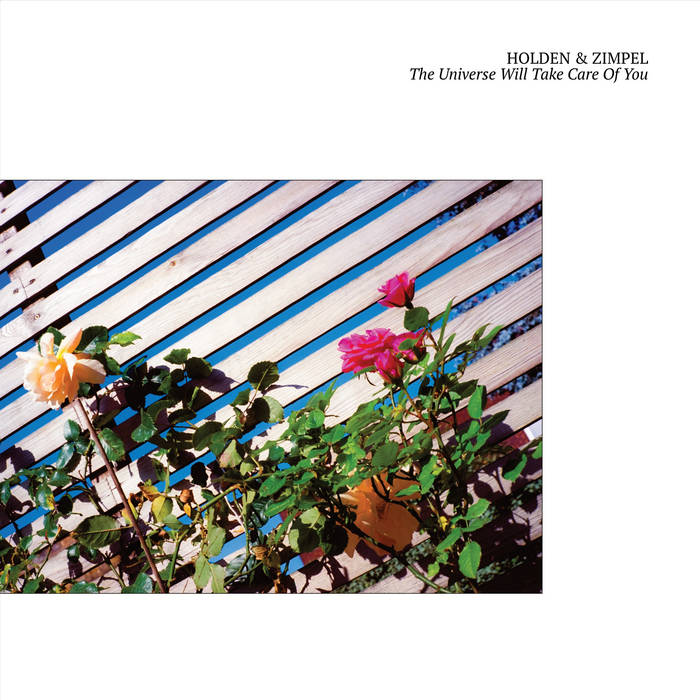
Michael Donaldson: The Universe Will Take Care of You was built from "four snatched days" during Wacław's downtime in London, with a goal of one composition daily. Does this time constraint affect the creative chemistry or bring an urgency to the improvisations?
Wacław Zimpel: I think that having a time limitation in mind makes the process magically materialize within. At least it works very well for us. Also, there is no stress at all while we are working together. If we don't deliver, nothing will happen, but for some reason, we always call the day with something on the hard drive.
James Holden: I think we're always trying to make records that are a moment, captured, and you learn pretty fast you can't ever recreate a moment that happened before you pressed record. But it didn't feel like urgency in the way that sessions with a band of people you've booked to come that day feel like urgency and pressure—it just felt like a part of the process.
Michael: James, the press materials mention you feeling "liberated to try things I'd never tried before" within this partnership. What did Wacław's influence do to your musical instincts?
James: So I was telling my friend Marcus about the record, and how excited I was that there were tracks where I had no sequences running, just effect chains and me playing instruments in real time. He laughed and congratulated me on inventing the concept of playing instruments. "Everyone's going to be really happy about this," he said. But maybe that explains it? Wacław's zen-like presence in the room means that I stay focused on the task of playing, like a child or a puppy, rather than like a musician.
Michael: When recording this album, both of you incorporated instruments that you don't usually play. What's it like to step outside of your musical identities?
Wacław: That's right, clarinet is my main instrument, and I spent an endless amount of hours mastering it, but along the way, I always played many other instruments. At some point, it was kind of an addiction for me to get new instruments wherever I went. I was always looking for a natural way of playing other instruments, not trying to be a virtuoso on each of them, but rather finding natural ways of expression which were extending options that were limited by the clarinet. So alghoza is one of my favorite instruments from different cultures. I also had a long love affair with the khen and many other wind instruments. Lap steel is kind of new for me, but I love playing it. I think that when we were working on the music, having so many different options for generating and processing sound was fascinating, and we could concentrate more on where music takes us than on presenting mastered skills.
James: I think I'm always trying to step away from my established sonic identity and almost always failing! One thing I think is really nice about this music is although obviously we both have some technical abilities, it's not about that—in places, the charm is the non-virtuosity of it. Like I've got muscle memory about how to make a violin sound nice, but it's old, so some of that is audible, fragile, or something.
Michael: The album title, The Universe Will Take Care Of You, feels like a mantra or spiritual declaration. Is this about surrendering to 'cosmic care?' Was it a guiding idea from the beginning of your sessions together?
Wacław: I think that beyond everything is the love we feel toward the music we play. Most of the time, or even always, we are really surprised by the outcome. We never plan it. That is what is happening during the process. The titles were our expression of what we felt about the music we made, and we chose them after the music was finished. I think we both wanted to give a space to the listeners where they can feel better. For sure, making this music made us happy.
James: Yes! I love the title, if I'm honest. It describes the recording process so perfectly—us trusting and surrendering. I like that the contradictions in it make you think about your interdependent role in the world, too. The universe won't literally take care of you, but the people who will—your friends and family and your society—are part of the universe.
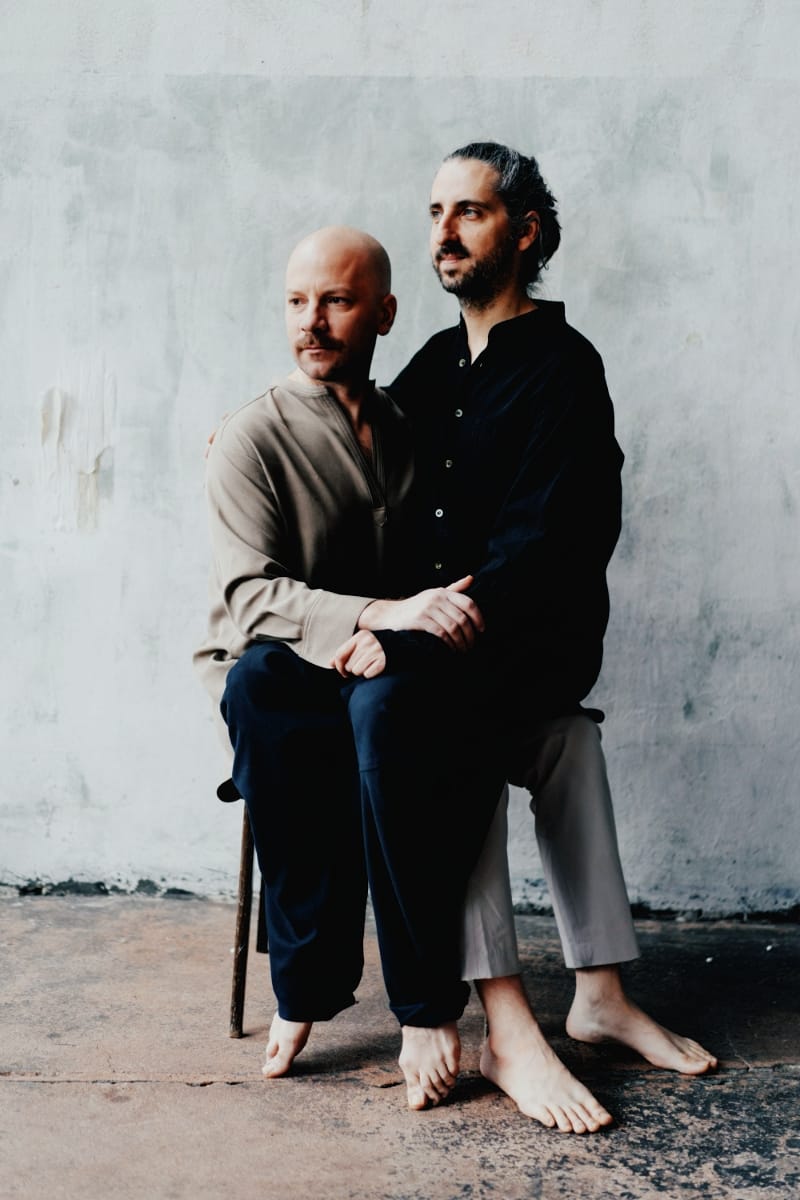
Michael: There's this idea that the concept of 'trance' is found across all sorts of music, including traditional folk forms, minimalism, Krautrock, and improvised jazz. Trance can be deeply personal or collectively transcendent. How have you experienced this with your music?
James: I think playing together is always a form of joining, and I think a part of my psyche really loves that feeling. When it happens in the show, particularly the ones we've played recently in the round, the feeling that at least part of the audience around you is totally spaced out with you is a really nice one.
Wacław: I think that when you get there, in the trance state, you know it, and explanation is no longer needed. You are kind of beyond time. Turning off the analytical mind and just following the stream of music. I think that for us, the use of repetition is a very strong tool. It is a bit like a mantra. You can trick your mind with that. We always want to be in this state while playing and recording. Hopefully, it might be felt that way by the listeners. For sure, it is my intention to create a collective trance experience. I think it is only possible if we are there as players.
Michael: When talking about "trance," how do you escape the term's often negative baggage within the underground electronic music community? Does that even matter?
James: I think sneering at trance is a red flag about a person, to be honest. I always have. Is it supersaws you don't like or a particular social group? I've always thought trance, though of course I have a favorite era, was quite a pure and beautiful thing. If it's not pure and beautiful, it probably isn't actually trance. But yeah, it's fun to watch things be recontextualized by the next generations, meaning getting inverted and remade.
Wacław: I got into electronic music quite late, and all my trance experiences as a musician and listener in the past were connected mostly with improvised music of certain artists like John Coltrane and Alice Coltrane, for example, and first minimalists like Terry Riley or La Monte Young, together with a vast amount of Indian classical music, Makam, or many African traditions like Gnawa. So I never felt the baggage of a certain electronic music era and all the narratives around that. To me, trance states of mind are as necessary as breathing, and I think that sooner or later, most people get this knowledge. It is also a very honest kind of relation with music, and it carries beauty. I was never a big fan of ironic art and ironic approaches to life in general. So I don't care that much if someone has problems with that.
Michael: You've both studied with different members of the Guinia family—James with Mahmoud and his son Houssam, Wacław with Mokhtar. The Gnawa tradition is deeply rooted in healing and spiritual possession. When you improvise together, do you feel you're accessing that same transformative function, or is your relationship to that tradition more about musical language than spiritual practice?
James: I think the biggest thing I took away from my visits to Morocco was the un-otherness of that musical tradition. Like sure, it's huge and deep and there are many layers I don't really have access to a full understanding of, but the feeling of a lila—the Gnawa all-night music and trance event—and the feeling of the nice kind of rave were so close. I think almost everything that comes out in our own playing is pretty subconscious, though. A few people have mentioned that "Time Rings Rattles" has a Gnawa feel, and I don't think we thought about that at all consciously, out loud, while recording it, but I don't think that means it wasn't an influence.
Wacław: Gnawa to me is the essence of trance. I played a couple of tours with Mokhtar, and experiencing the strength of his playing, the rhythmical freedom he has, and his absolutely extraordinary sense of groove was pure joy and confirmation that the zone of trance is where I need to be. I am also a big fan of James's record Three Live Takes, probably the most often listened-to record of the last couple of years by me. So, for sure, it is already in our blood, obviously not directly. I don't consider myself a scholar of Gnawa music. While playing with Mokhtar, I was using my own language, which happened to be suitable with Gnawa grooves. But the idea of its healing force—this is something we are looking for as well. I strongly believe that music can carry that force, at least for me as a player. It is a source of super-strong energy. I think it might also be experienced together with the audience.
Michael: "Sunbeam Path" seems to draw from Indian drone traditions that both of you have explored—Wacław through Carnatic fusion, James through Terry Riley's influence. Do you access these influences naturally or intentionally?
Wacław: I think that this is in our blood. Terry Riley is like a godfather to us. He opened the door. Same with great Indian musical traditions, Carnatic music in particular. But I don't remember any conversation about bringing some particular idea directly. It is simply flowing through us.
James: Yeah, exactly, and yes, to some extent it's like the sculpture is already in the stone—if we're two humans playing drones, then the experience is pretty similar to all those other humans playing with drones. The fundamental sort of axioms and rules of it are the same as they ever were.
Michael: "Sparkles, Crystals, Miracles" reminds me of Alice Coltrane's harp-and-synthesizer explorations of cosmic consciousness. James, you've mentioned drawing inspiration from spiritual jazz figures like Alice Coltrane and Pharoah Sanders for The Animal Spirits. How does that influence carry into this collaboration? Does Wacław's Eastern European avant-garde background bring something different to that?
James: It's definitely in there, but again, kind of subconsciously. It's interesting to call Wacław avant-garde because that phrase, to me, evokes a stiffness or a self-consciousness that he completely doesn't have! Alice and Pharoah represent a diametric opposite of that. And I guess that's like the nub of what's nice about this for us—I've found someone else who sees it and feels it the same as me.
Michael: Wacław, your solo work includes capturing "the Sound of the City of Warsaw" during the pandemic through tramlines and basketball bounces. Tell me about that.
Wacław: This record is a reflection of what I heard in Warsaw and how I felt about this city at that time. It is probably the darkest or most apocalyptic record I have made lately—yes, it was made during the pandemic. I spent many hours walking around the abandoned, sad city looking for interesting sounds. Probably no surprise I was looking for repetitive rhythms in escalators, lifts, trains, tram lines, airport baggage belts, etc.—trance-generating parts of the city. So the process was built on these recordings, which I was listening to over and over. These recordings led me to create forms based on them. So I would say that field recordings are what I hear in Warsaw, and musical forms are what I feel about the city.
Michael: There's often a fine line between spiritual transcendence and psychedelic experience in music like this. Alice Coltrane was deeply religious, while the Krautrock pioneers were often high as a kite. Where do you locate your music along that spectrum?
Wacław: I think very often this is the same. The fact that someone is not a declared spiritual seeker doesn't mean that the art of that person doesn't carry a transcendental message. Some people don't like to talk about the very intimate space of spirituality. And I totally understand it because while putting these experiences into language, you might lose something. I don't know where we are in the spectrum. For sure, my intention, and I am pretty sure James feels the same way, is to make music that brings joy and bliss to people.
James: Thanks, Wacław, that's a good explanation. I agree 100 percent—they're the same thing! Joy and bliss!
Check out more like this:
 The TonearmSara Jayne Crow
The TonearmSara Jayne Crow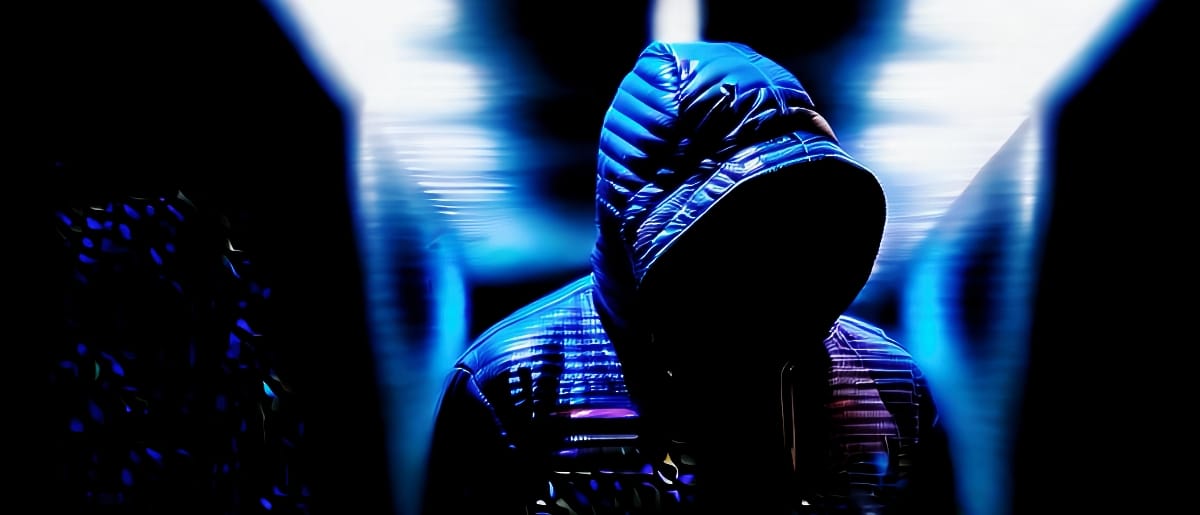
 The TonearmLawrence Peryer
The TonearmLawrence Peryer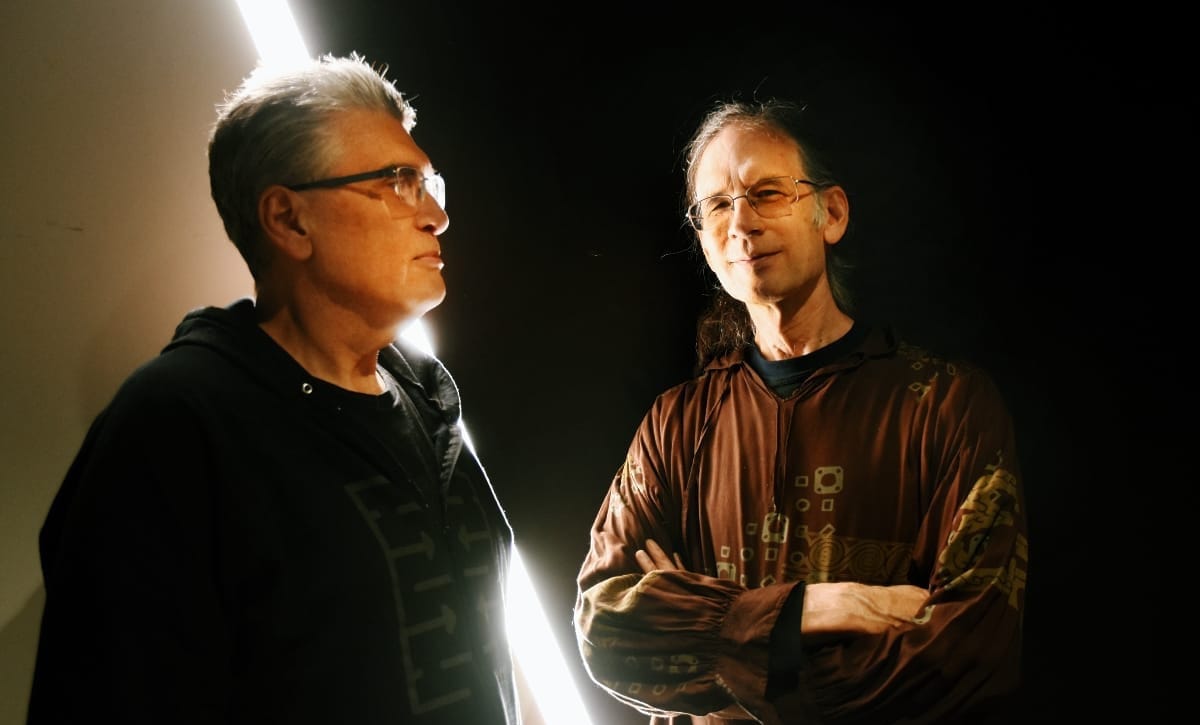


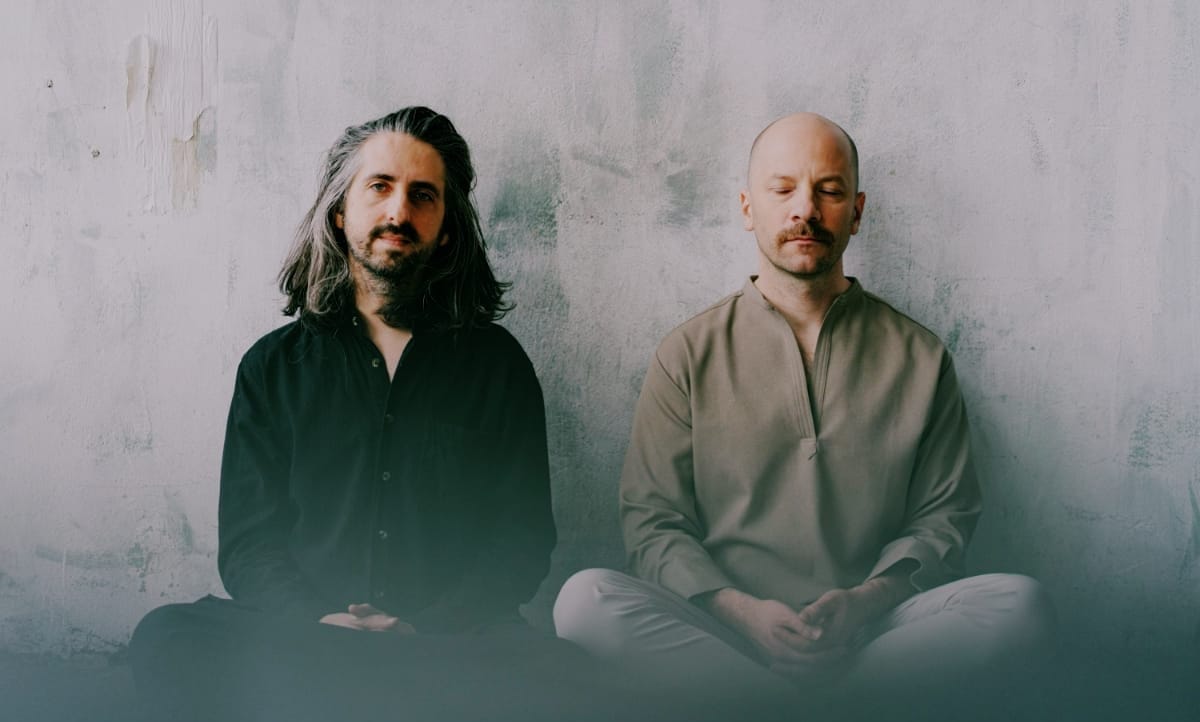
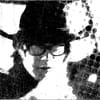
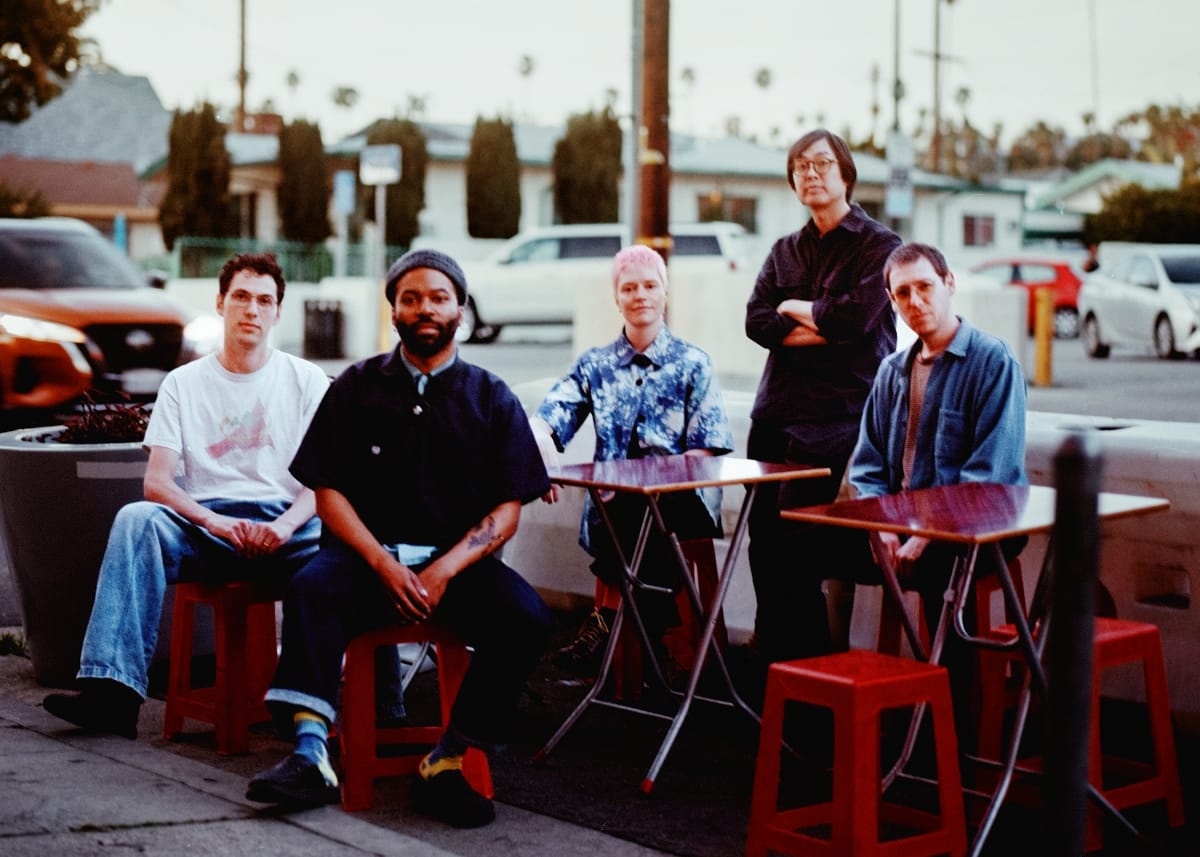

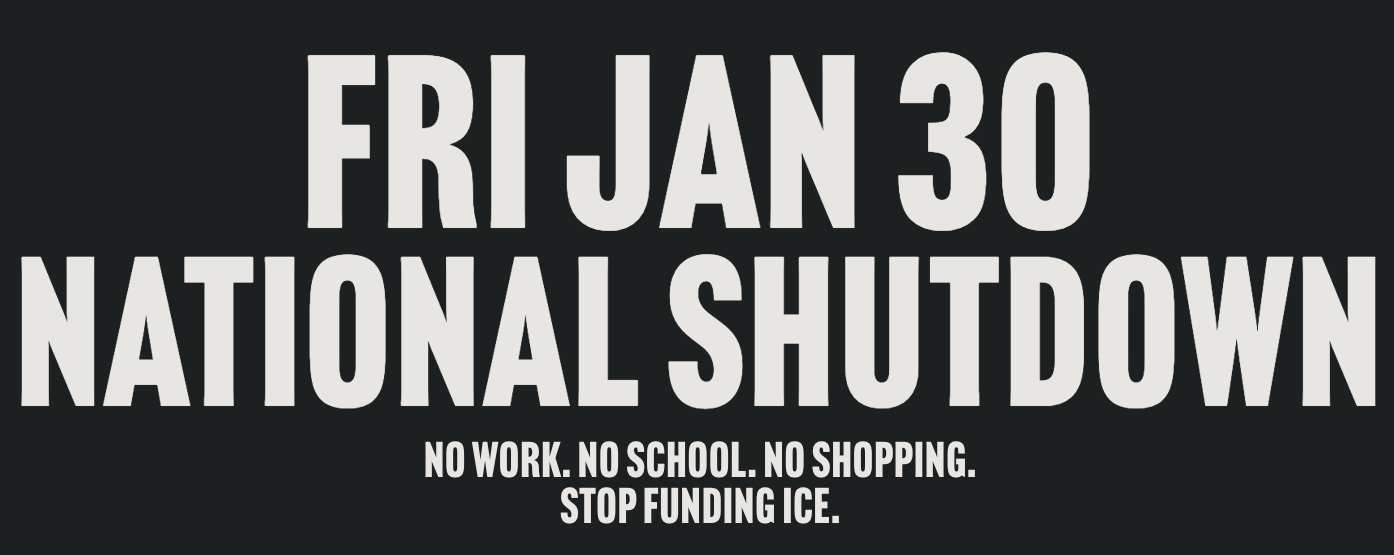
Comments